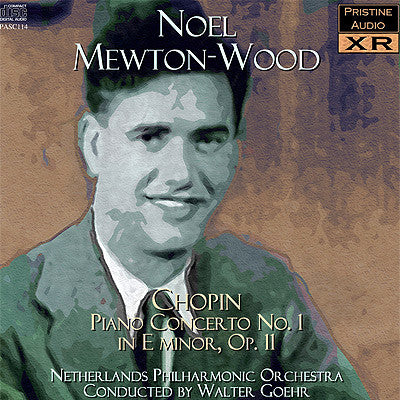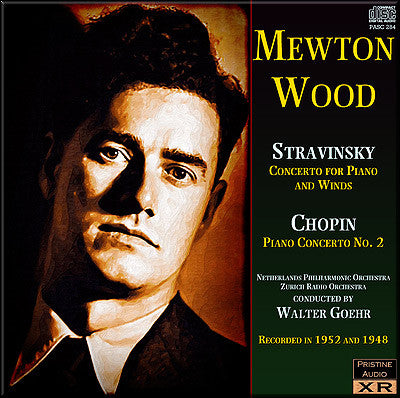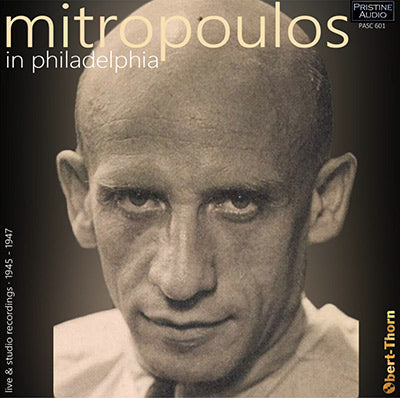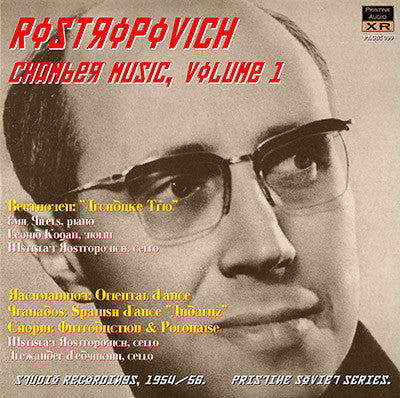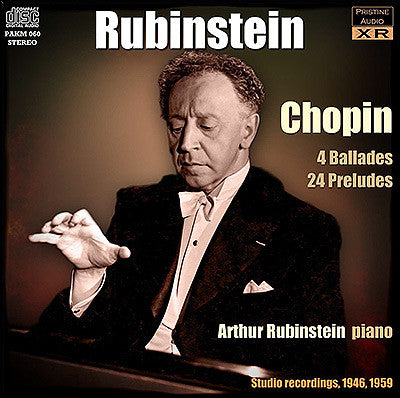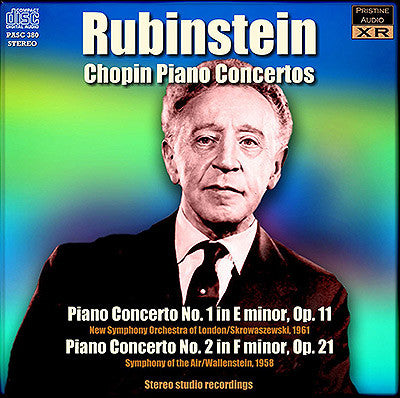Chopin
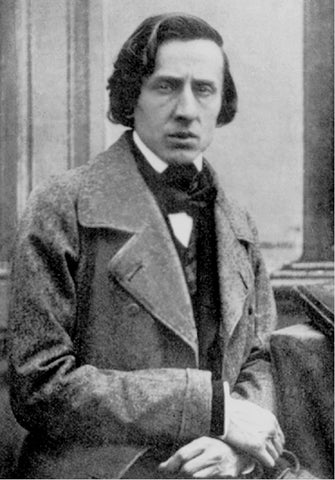
At 21 he settled in Paris. Thereafter, during the last 18 years of his life, he gave only some 30 public performances, preferring the more intimate atmosphere of the salon. He supported himself by selling his compositions and by teaching piano, for which he was in high demand. Chopin formed a friendship with Franz Liszt and was admired by many of his musical contemporaries, including Robert Schumann. In 1835 he obtained French citizenship. After a failed engagement to Maria Wodzińska from 1836 to 1837, he maintained an often troubled relationship with the French woman writer George Sand. A brief and unhappy visit to Majorca with Sand in 1838–39 was one of his most productive periods of composition. In his last years, he was financially supported by his admirer Jane Stirling, who also arranged for him to visit Scotland in 1848. Through most of his life, Chopin suffered from poor health. He died in Paris in 1849, at the age of 39, probably of tuberculosis.
All of Chopin's compositions include the piano. Most are for solo piano, though he also wrote two piano concertos, a few chamber pieces, and some songs to Polish lyrics. His keyboard style is highly individual and often technically demanding; his own performances were noted for their nuance and sensitivity. Chopin invented the concept of the instrumental ballade. His major piano works also include mazurkas, waltzes, nocturnes, polonaises, études, impromptus, scherzos, preludes and sonatas, some published only after his death. Influences on his composition style include Polish folk music, the classical tradition of J. S. Bach, Mozart and Schubert, the music of all of whom he admired, as well as the Paris salons where he was a frequent guest. His innovations in style, musical form, and harmony, and his association of music with nationalism, were influential throughout and after the late Romantic period.
Chopin's music, his status as one of music's earliest superstars, his association (if only indirect) with political insurrection, his love life and his early death have made him a leading symbol of the Romantic era in the public consciousness. His works remain popular, and he has been the subject of numerous films and biographies of varying degrees of historical accuracy.

Chopin
CHOPIN Piano Concerto No. 1
Recorded in Hilversum in 1951
Total duration: 38:39
Noel Mewton-Wood, piano
Netherlands Philharmonic Orchestra
conducted by Walter Goehr
STRAVINSKY Concerto for Piano & Wind Instruments
CHOPIN Piano Concerto No. 2
Recorded in 1952 and 1948
Total duration: 51:23
Noel Mewton-Wood, piano
Netherlands Philharmonic Orchestra
Zurich Radio Orchestra
conductor Walter Goehr
BEETHOVEN Symphony No. 4
REGER Four Tone Poems after Böcklin
IBERT Escales
MOZART Piano Concerto No. 10 for Two Pianos
CHOPIN/ROGAL-LEVITZKY Chopiniana
MENOTTI Sebastian - Ballet Suite
PROKOFIEV Piano Concerto No. 3
Live and Studio recordings, 1945-47
Total duration: 3hr 32:16
Vitya Vronsky, piano
Victor Babin, piano
Dimitri Mitropoulos, piano
The Philadelphia Orchestra
Robin Hood Dell Orchestra of Philadelphia
conducted by Dimitri Mitropoulos
BEETHOVEN "Archduke" Trio
RACHMANINOV Danse Orientale
GRANADOS Spanish Dance 5: "Andaluza"
CHOPIN Introduction & Polonaise
Studio Recordings · 1956
Total duration: 64:47
Mstislav Rostropovich, cello
Emil Gilels, piano
Leonid Kogan, violin
Alexander Dedyukhin, piano
CHOPIN 24 Preludes, Op. 28
Recorded 1959 and 1946
Total duration: 70:31
CHOPIN Piano Concerto No. 1
CHOPIN Piano Concerto No. 2
Recorded 1958 & 1961, stereo
Total duration: 71:29
Arthur Rubinstein piano
New Symphony Orchestra of London
Stanisław Skrowaczewski conductor
Symphony of the Air
Alfred Wallenstein conductor

